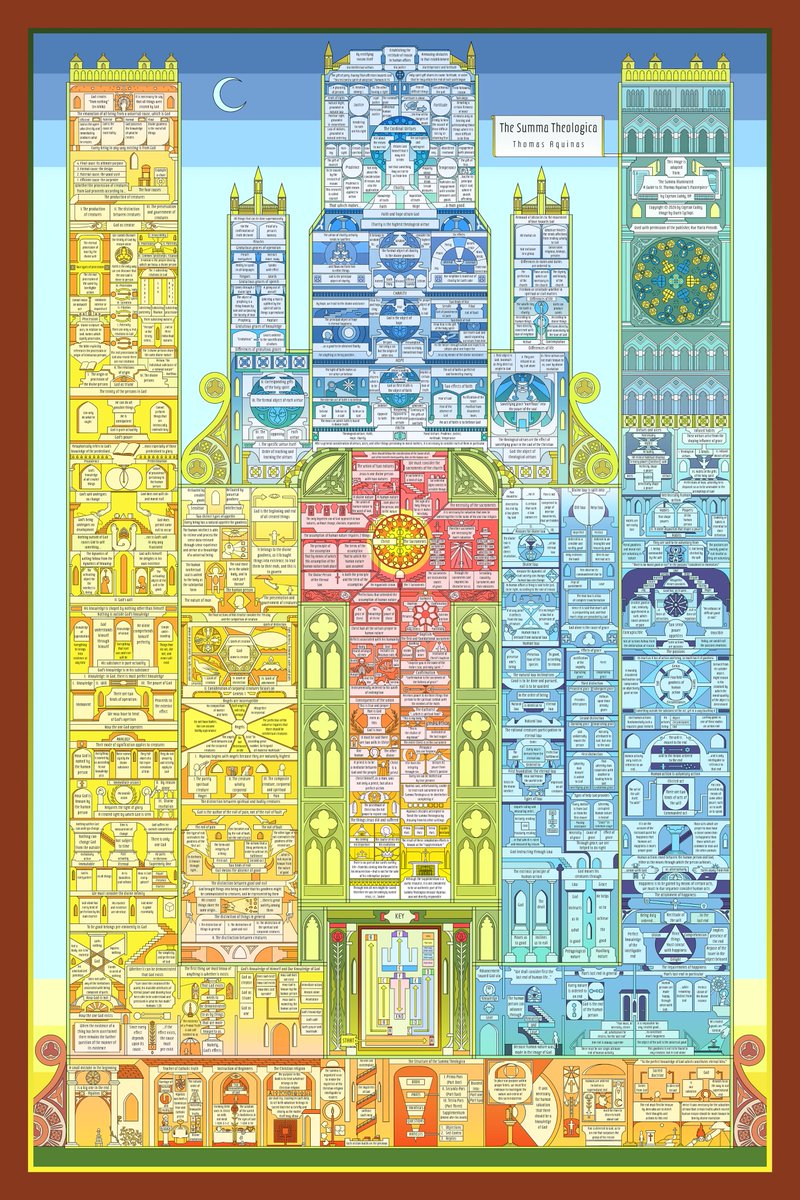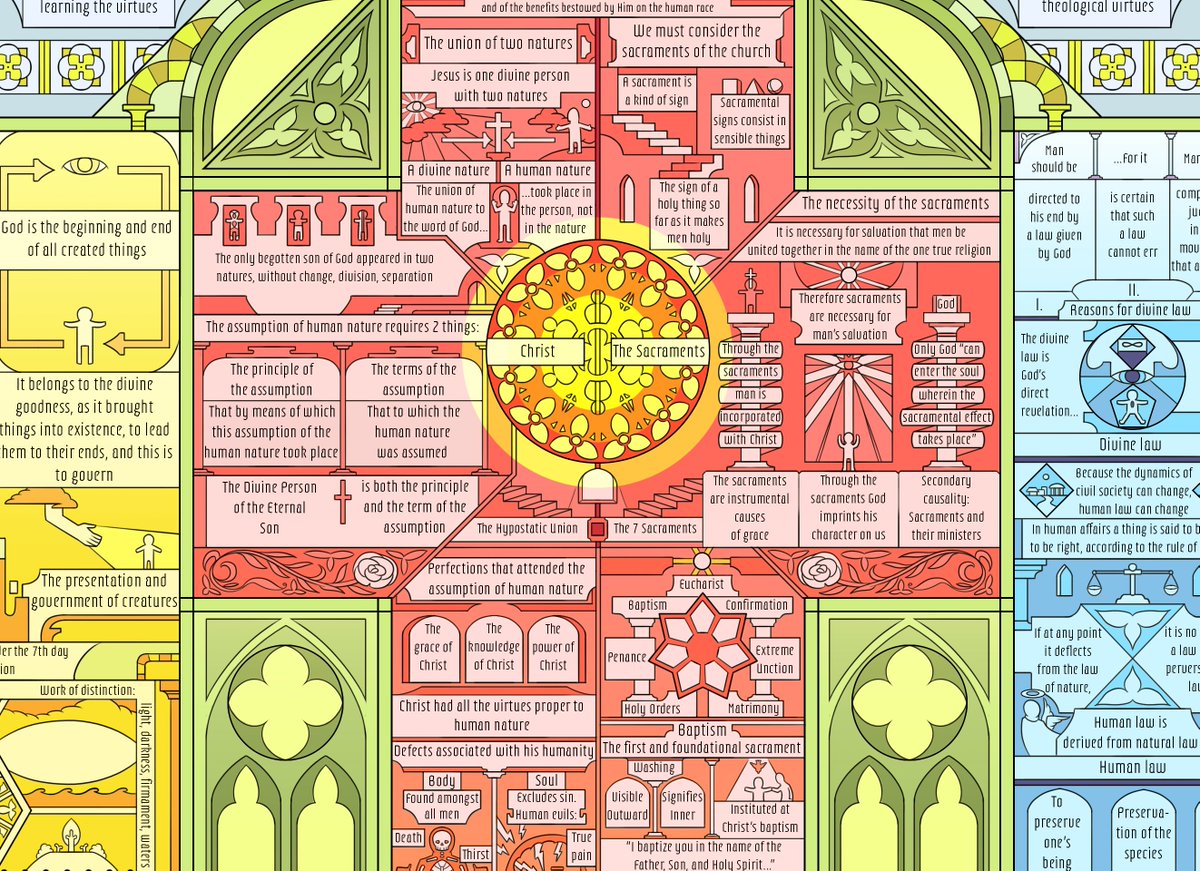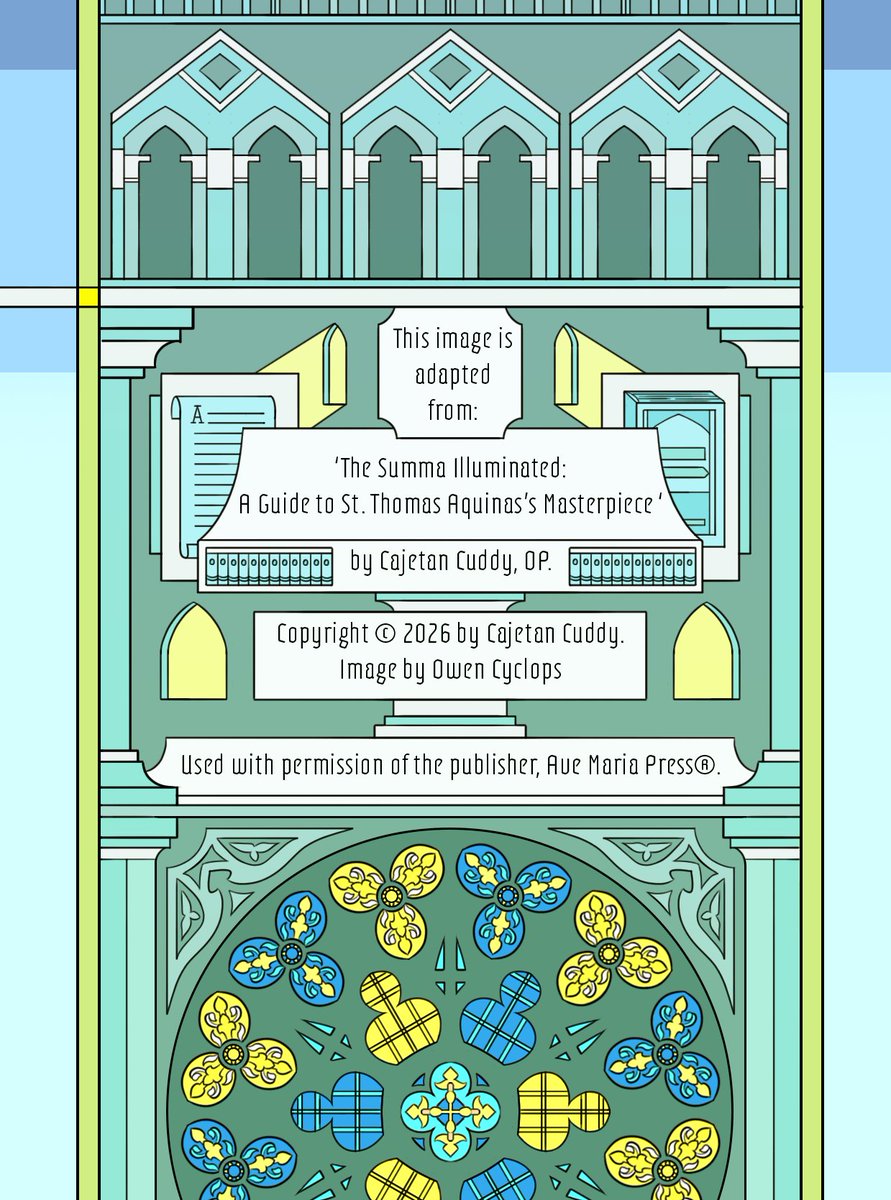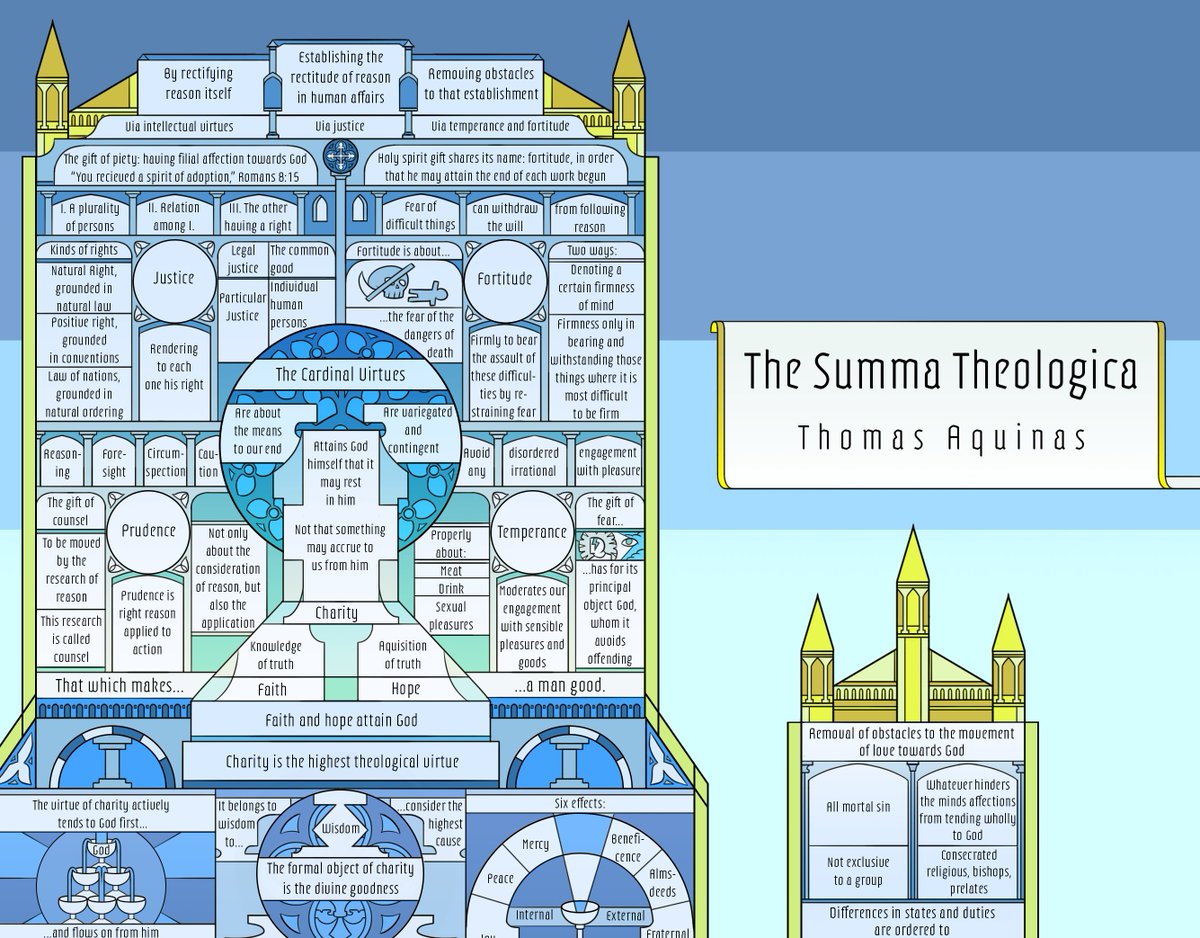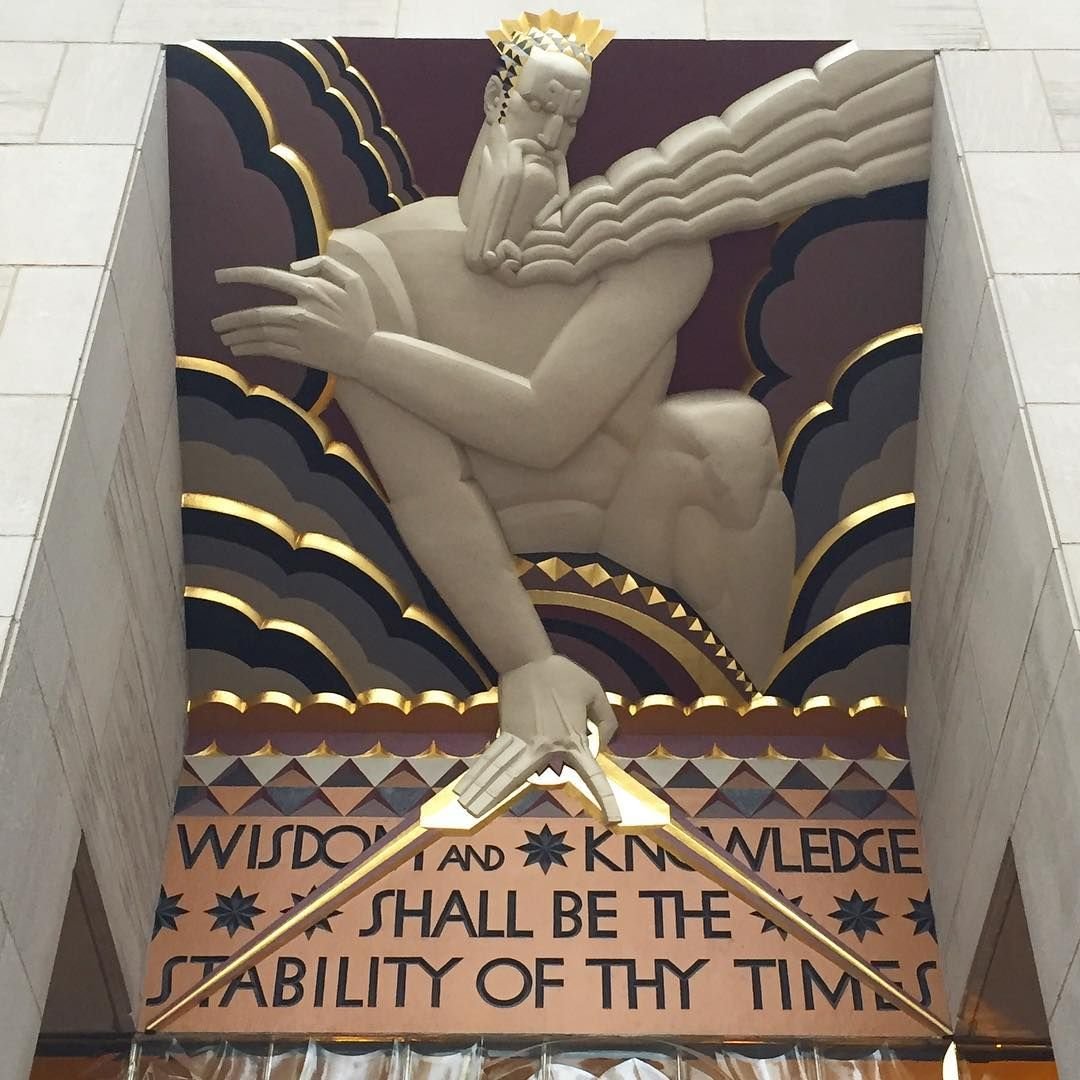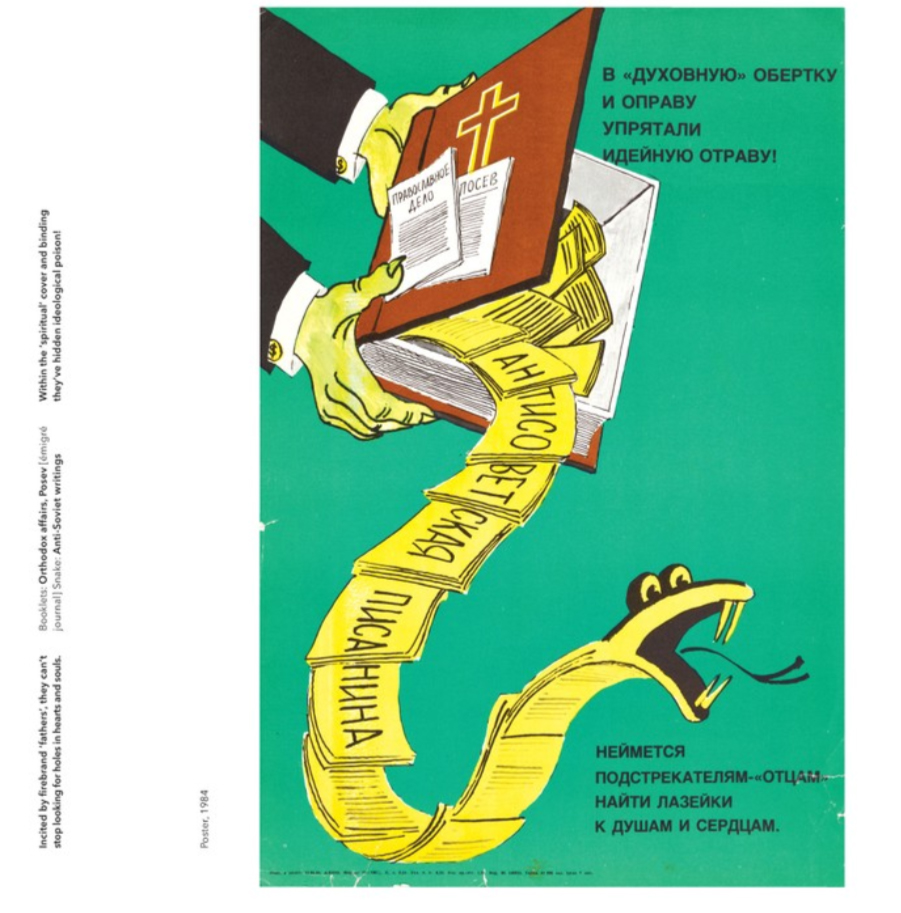johnny hart was an american cartoonist who started a comic called B.C. in 1958. he also created another popular strip called 'wizard of id'.
he was called "the most widely read christian of our time," by a former director of the office of public liaison at the white house.
...
he was called "the most widely read christian of our time," by a former director of the office of public liaison at the white house.
...

that designation may seem somewhat absurd, but he was still doing B.C. when he died in the 2000s. considering he made two of the most popular american newspaper comics, and ran them for about half a century - in light of how many people read books, it might actually be the case. 

his primary topic, prehistoric man, only makes it more interesting that he was a christian. he was raised christian, but after a father son team installed a satellite dish at his home and apparently had some type of gospel conversation with him, he became more serious about it. 
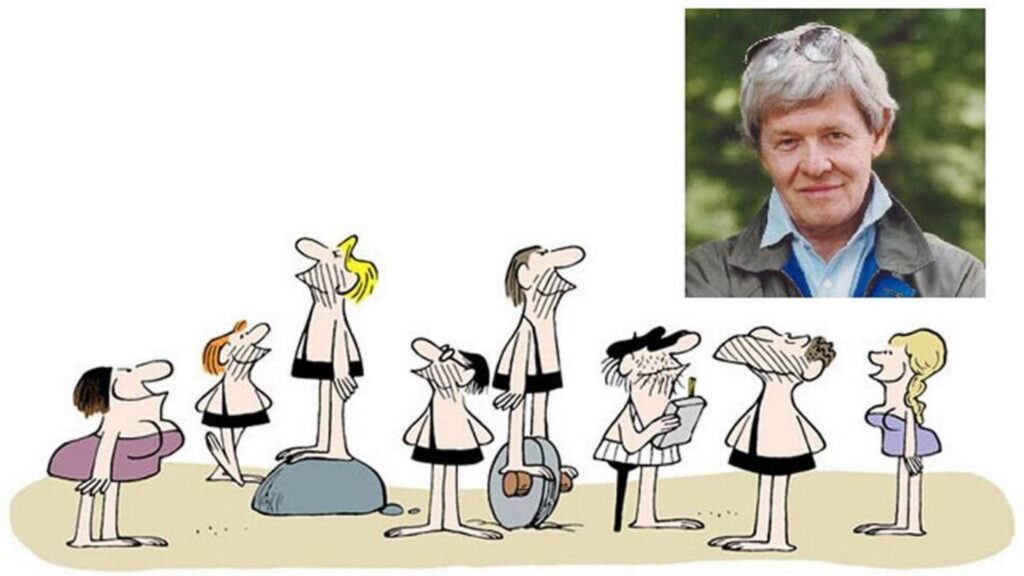
that was in the 1980s, well into his cartooning career. this is interesting because suddenly you have a syndicated cartoonist who is like, really serious about being christian, putting out national work. suppose this could unfold in a variety of directions. heres a few examples: 




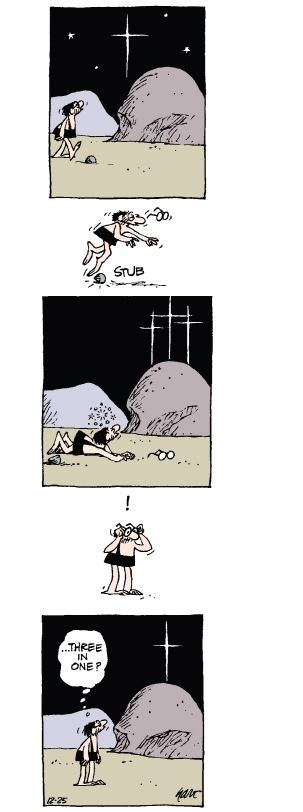

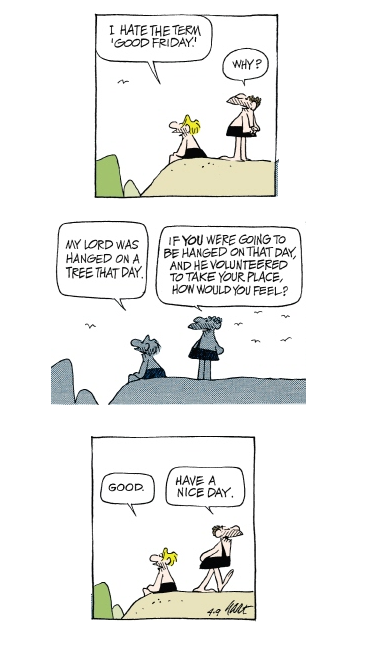
these are all easter strips. it may not occur to the average person, but easter always being on a sunday would provide an opportunity for the type of artist who always gets an expanded, larger window of communication every sunday.
here's the most controversial incident.
here's the most controversial incident.
the washington post and LA times had already refused to run some of these explicitly christian strips. well, in 2001, he published this. its difficult to find a high res image of it online, so here's one where you can see how it would be printed, and one that's easier to read: 



specifically the menorah burning out and being replaced by a cross made people... pretty mad. the ADL, the american jewish committee, and a bunch of people got really mad, and some newspapers refused to run the strip. i think some even ran it with a disclaimer but i cant find it 

his distributor released a statement that basically amounted to, "uh, it's about christianity being rooted in judaism", and... that was basically it. its interesting that in a sense this could be one of the most controversial single newspaper comic strips that actually ran.
hart wrote BC until he died in 2007. interesting that these religious themes arent “incorporated”, theyre just explicitly straight up stated - even if it breaks the literal meaning of his title, which hart himself would probably deny: “B.C.”.
just a file in american art history
just a file in american art history

secretary has informed me that i called the good friday strips easter strips. i uh, meant easter-tide. or easter weekend.
anyway here's (i think) the only time i drew cavemen:
anyway here's (i think) the only time i drew cavemen:

• • •
Missing some Tweet in this thread? You can try to
force a refresh


